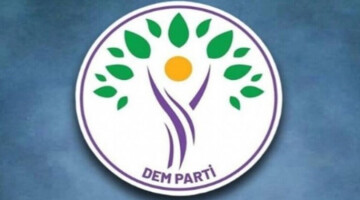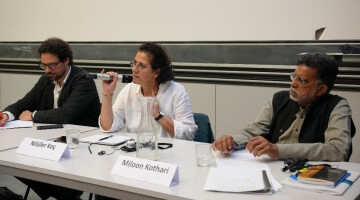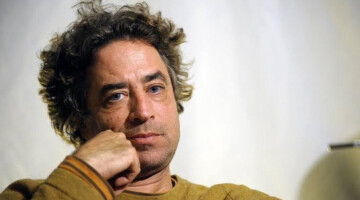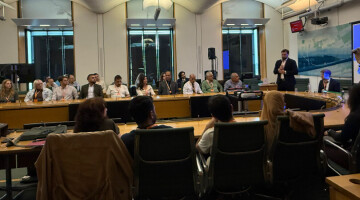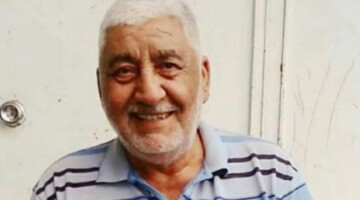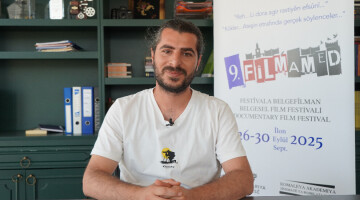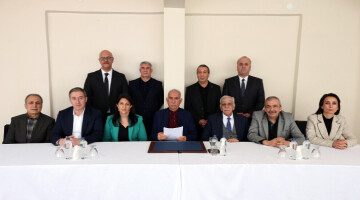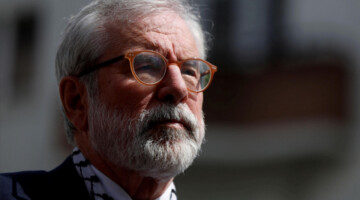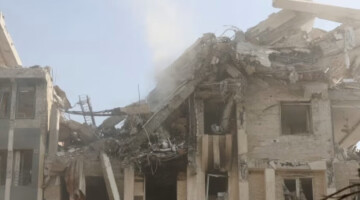The international freedom campaign protested the isolation conditions of Abdullah Öcalan and called on the authorized institutions, especially the European Committee for the Prevention of Torture (CPT), to fulfill their duty.
Dr. Deepa Driver is a lecturer at the University of Reading in England, Vice President of the Haldane Socialist Lawyers Association in the United Kingdom, and Director of the Non-Governmental Organization Finance Watch. ANF talked with her about the isolation conditions of Kurdish People's Leader Abdullah Öcalan.
Mr. Abdullah Öcalan's detention conditions.
Dr. Driver said that "Mr. Abdullah Öcalan's detention conditions are not just emblematic of the failures of Turkey and the huge risks that face the people of Turkey; it also symbolizes the weakness of the Council of Europe countries in not being able to implement any of the safeguards required from Council of Europe countries in relation to human rights."
She added: "In particular, the extreme isolation of Mr. Ocalan, the incommunicado holding of Mr. Ocalan, shows that this kind of behavior can take place in plain sight. It's not merely happening; of course, Mr. Ocalan is being buried alive, and we don't know whether he is still at Imrali or elsewhere."
Driver continued: "Three years with no contact. This is also burying justice alongside, because what we are saying is that we, as human beings, are willing to let this happen to a great visionary, somebody who has written 60 books, 14 of which were written from prison, simply because another powerful state, whom we want to use in order to achieve the ends of powerful states, is doing so.
What we see right now is that we have a number of international institutions that are not fulfilling their mandate. There is a lot of talk, there is a lot of hot air, but there is not enough actual practice when it comes to doing the hard things that it takes to fulfill such a mandate. We might as well not have these bodies because then we could do as well as some other countries that we choose to comment about. Instead, we have these bodies, we pretend as though we care about justice, we pretend as though we care about human rights, and yet a man can be held for three years incommunicado. We all know about it, the Council of Europe knows about it, everybody makes statements about it; people come on TV, but what are they doing practically? What are these politicians doing, and why should we re-elect them in the upcoming European elections?”




